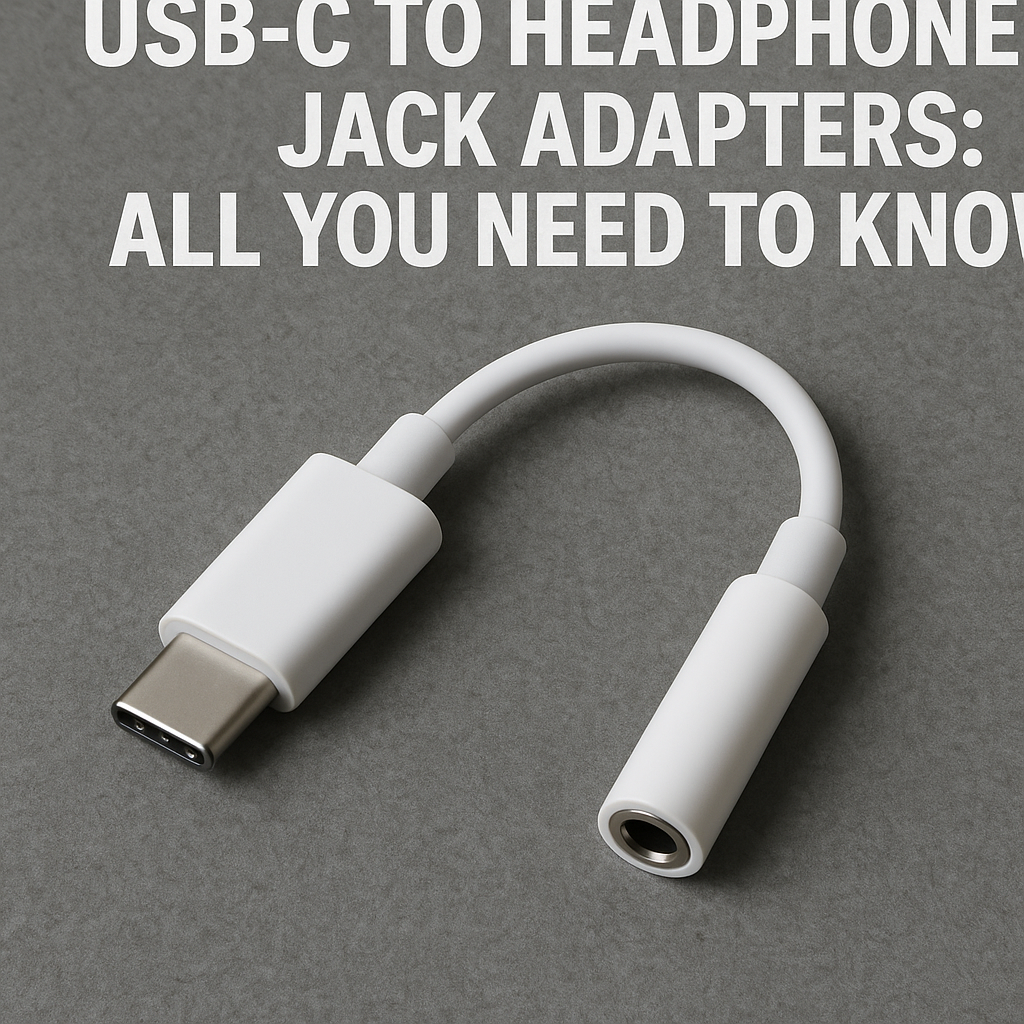Beginning
In the current technology scene, the USB-C to headphone jack converter has become absolutely essential. Users are looking for consistent methods to link their wired headphones as many new smartphones, laptops, and tablets abandon the conventional 3.5mm headphone socket in favor of USB-C connections. High-quality USB-C to headphone jack converters are in great demand because of this change. This post will explore the significance of these adapters, how to select the appropriate one, and respond to the most often asked questions on the topic.

Why Would You Want A Headphone Jack Adapter To USB-C?
USB-C ports are growing the new standard for audio output as devices drift from the 3.5mm headphone connector. Finding a consistent way to link your old wired headphones might be difficult whether you own a laptop, tablet, or smartphone without a USB-C to headphone jack converter. Here are some justifications on why you could want one:
- Many smartphones like the iPhone 7 and later, Google Pixel, and several models from Samsung and OnePlus no longer have a headphone port, so a USB-C connection is needed for sound.
- Improved Sound: Compared to conventional headphone connectors, USB-C connections sometimes provide better sound. They can carry larger bandwidth and possibly send high-definition audio.
- These tiny, light, portable adapters are perfect for users who wish to carry their wired headphones without compromising audio quality.
Choosing the Correct USB-C to Headphone Jack Adapter
Your device’s compatibility, audio quality preferences, and budget all influence which USB-C to headphone jack converter is ideal. When choosing an adapter, keep these important factors in mind:
1. Fit
Make sure the adapter works with your device. For improved sound processing, some devices—especially newer ones—need adapters with extra capabilities including built-in DACs (Digital-to-Analog Converters). Before buying, always verify the specifications.
2. Sound Quality
The quality of the audio output is important if you are a podcast aficionado or music listener. Search for high-resolution audio-supporting adapters. Certain adapters include cutting-edge sound technology that outperforms others.
3. Construction Quality and Durability
It is absolutely necessary. Since adapters are frequently used everyday, pick one with a strong, high-quality construction, like a braided cable or a strengthened connector that resists damage.
4. Cost
There are many different pricing for USB-C to headphone jack converters. Although some inexpensive choices work well for casual usage, luxury ones usually provide better sound quality and lifetime.
5. Brand Image
Considering well-known companies that focus on audio equipment is usually smart. They usually guarantee your adapter will last longer and offer greater support and higher-quality items.
Best USB-C to Headphone Jack Adapters in 2025
1. Anker USB-C to 3.5mm Adapter
Anker is renowned for making dependable and long-lasting accessories; their USB-C to 3.5mm Adapter is no different. Its small size and excellent sound make it ideal for daily usage.
2. Aukey USB-C to 3.5mm Audio Converter
Aukey’s adapter guarantees you crisp and clear music by supporting high-resolution audio output. Its compatibility with many different devices as well helps to make it a flexible option for consumers.
3. Belkin USB-C to Headphone Jack Converter
Another good choice is Belkin’s adapter, which provides great longevity and good audio quality. It also enables in-line microphone capability, allowing you to utilize it for calls without problems.
4. Samsung USB-C to 3.5mm Converter
Samsung users can depend on their official USB-C to 3.5mm converter. Designed to go perfectly with Galaxy devices, it provides great sound and a tight fit.
5. Ugreen USB-C to 3.5mm Headphone Adaptor
Ugreen’s adaptor is commended for its reasonable cost and strong construction. For those who require a reasonably priced answer without compromising performance, this is an excellent choice.
How Do Adapters for USB-C to Headphone Jack Work?
A USB-C to headphone jack adaptor converts digital impulses—which travel via the USB-C port—into analog signals your wired headphones can recognize. Usually included within the adaptor itself, this procedure calls for an integrated DAC. The DAC turns the digital signal from your device into the analog sound that can be heard via your headphones.
Particularly for high-impedance headphones that need more power, some adapters also have amplifiers to improve sound quality. Essentially, these adapters guarantee crisp, high-quality audio output by linking your device to your headphones.
USB-C vs. Conventional 3.5mm Jack: What’s the Difference?
The kind of signal transfer is the fundamental distinction between USB-C and the conventional 3.5mm connector. Being an analog connection, the 3.5mm jack sends sound as a constant electrical stream. Conversely, USB-C is a digital connection capable of carrying both power and data. Your headphones have to process the digital signal converted to analog via a USB-C to headphone jack converter.
USB-C has various benefits over the 3.5mm connector:
- Improved Sound Quality: USB-C can handle better audio formats, hence enabling a richer, more nuanced sound experience.
- Faster Data Transfer: USB-C’s quicker data transfer rates might help with high-resolution audio or lossless streaming services.
- Multipurpose Functionality: USB-C ports are multipurpose, so they may be utilized for charging, data transfer, and audio output all from one port.
Usual Problems with USB-C to Headphone Jack Adapters
Although USB-C to headphone jack converters offer a vital function, they can occasionally cause problems.
1. Issues of Compatibility
Not all devices fit all adapters. Especially for devices needing an active adapter with a built-in DAC, some adapters might not work correctly with particular smartphones or laptops.
2. Audio Delay
Some USB-C to headphone jack converters could cause a little lag between sound playback and listening, which could be an issue for gamers or those who listen to fast-paced music.
3. Unsatisfactory Sound Quality
A low-cost adaptor could cause audio distortion, lower volume, or poor sound output. For the greatest performance, it is essential to buy from a respected brand.
READ ABOUT:A Complete Comparison of Sound Quality and Experience: Headphones Soundstage vs IEMs
Commonly Asked Questions
1. May I use any USB-C to headphone jack converter with my device?
No, not all adapters work for everyone. See if your device calls for an active adapter with a built-in DAC for improved audio performance.
2. Will sound quality be affected by a USB-C to headphone jack converter?
A good adaptor won’t compromise the sound. On the other hand, less expensive adapters could cause distortion or degrade the audio quality.
3. Do Bluetooth headphones work with USB-C adapters?
USB-C adapters are meant for wired headphones, so no. Bluetooth headsets need a separate link.
4. May I connect my laptop using a USB-C to headphone jack converter?
Certainly, should your laptop include a USB-C connection, the converter will let you link wired headphones.
5. Is using adapters for USB-C to headphone jack safe?
Certainly, provided you use a certified, high-quality converter. To guarantee the safety and lifetime of your equipment, stay away from inexpensive, unbranded adapters.
Final Thoughts
Anyone utilizing modern gadgets without a conventional headphone jack must have the USB-C to headphone jack adaptor. Choosing the correct adaptor will let you experience excellent sound while still compatible with your preferred wired headphones. From high-end choices to low-cost alternatives, there is an adapter to fit your requirements.

